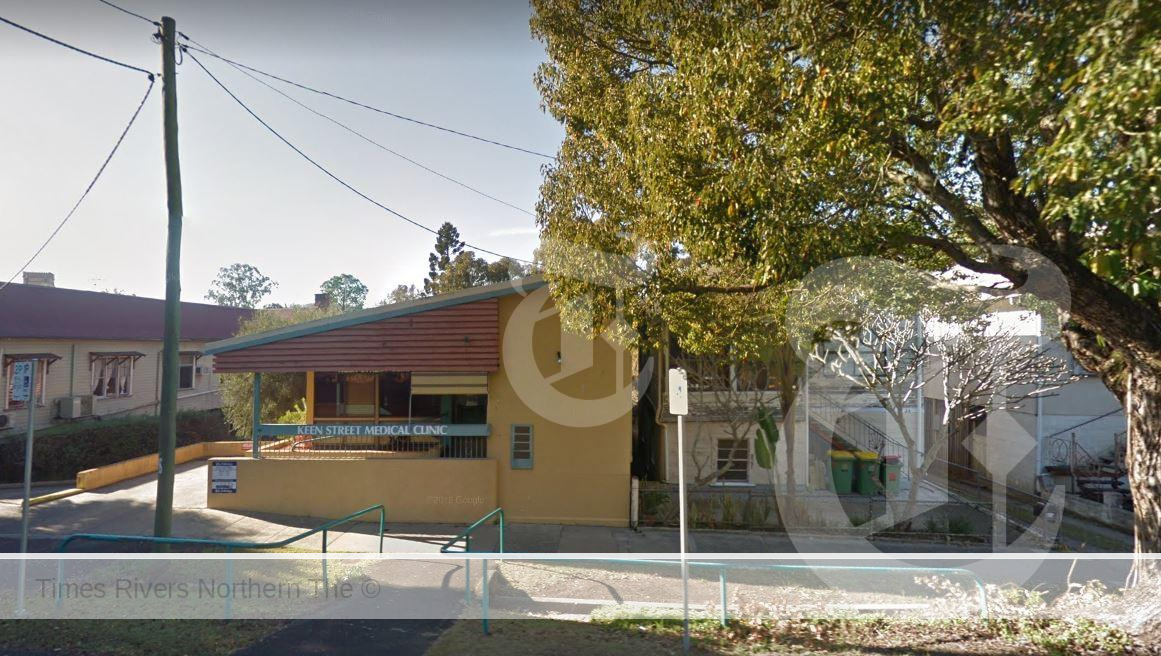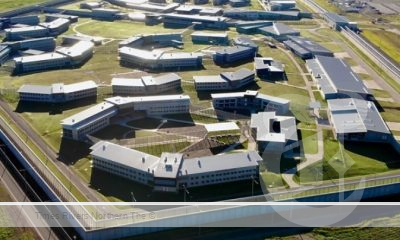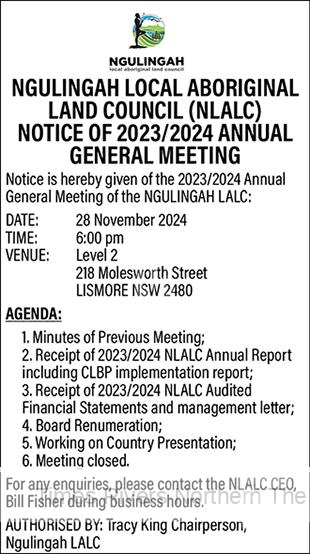Housing demand creates planning challenges
The current lack of affordable and diverse housing for buyers and renters is a crisis which is confronting all levels of government.
A move to regional areas, limited government investment in social housing, a boom in short terms rentals, COVID-19, the recent floods and inflation have put great pressures on the property market.
While housing is primarily the responsibility of federal and state governments, Tweed Shire Council plays a key role as a determining authority/regulator for housing and planning law.

Council acts on unauthorised dwellings. Over the last 2 years, Council has contributed to an increased supply of affordable housing by encouraging diverse and affordable housing through the approval of more than 130 DAs involving secondary dwelling (granny flats) development controls, in addition to established dual occupancy controls.
In recognising the housing crisis, Council has worked collectively through the Northern Rivers Joint Organisation (NRJO) and Local Government NSW, to be an advocate for action on new social housing supply and affordability policies.
Over the last 2 years, Council has contributed to an increased supply of affordable housing by encouraging diverse and affordable housing through the approval of more than 130 DAs involving secondary dwelling (granny flats) development controls, in addition to established dual occupancy controls.
Attached dual occupancy dwellings are also possible in many rural areas, in addition to established urban areas.
More information can be found at tweed.nsw.gov.au/granny-flats-secondary dwellings
Additional dual occupancy information can also be found at tweed.nsw.gov.au/dual-occupancy
While Council provides a supportive approach to people affected by the housing crisis, it also has an important statutory responsibility to ensure that any land uses or building works provide a safe and secure housing.
Council recently resolved at its 7 July 2022 meeting to reinforce its role in undertaking compliance action on unauthorised dwellings.
General Manager Troy Green said Council had rescinded the resolution at Item 21.1 of the 2 June 2022 Confidential Council Meeting. The resolution sought to extend an initial moratorium from its 4 November 2021 meeting on taking compliance action on unauthorised dwellings up until 30 September 2022.
“After attending a workshop and gaining additional advice from staff, Councillors acknowledged there may be significant risks for Council to extend the earlier moratorium,” Mr Green said.
“In response to the potential risk and liability identified, it was agreed that a late report be submitted to the Extraordinary Council Meeting of 7 July 2022, seeking to rescind Council’s resolution from the 2 June 2022 meeting.
“Council also resolved that any new compliance matters would be subject to the current requirements of Council’s adopted Compliance Policy.”
Unauthorised building works carried out without required formal approval and certification can pose significant risk to life and property.
In other scenarios, unauthorised building works could also be poorly located on sites which are flood prone, bushfire prone, contaminated or landslip areas and thereby present similar life-threatening, public health and environmental hazards.
Council encourages people to undertake their land use activities with proper consent and approvals to avoid causing a nuisance or acting in breach of legislation.
Council has a compliance policy which guides the approach and response to a range of compliance issues.
However we also rely on the community to report unauthorised work and provide evidence to assist Council in taking action.
Compliance officers use their discretion when dealing with such matters, taking into account the evidence, cost to the community of any action, details of the case, public policy and legal precedent.





 Tweed Shire News2 years ago
Tweed Shire News2 years ago
 Motoring News2 years ago
Motoring News2 years ago
 COVID-19 Northern Rivers News3 years ago
COVID-19 Northern Rivers News3 years ago
 COVID-19 Northern Rivers News3 years ago
COVID-19 Northern Rivers News3 years ago
 Northern Rivers Local News3 years ago
Northern Rivers Local News3 years ago
 Health News3 years ago
Health News3 years ago
 NSW Breaking News3 years ago
NSW Breaking News3 years ago
 Clarence Valley News2 years ago
Clarence Valley News2 years ago


















